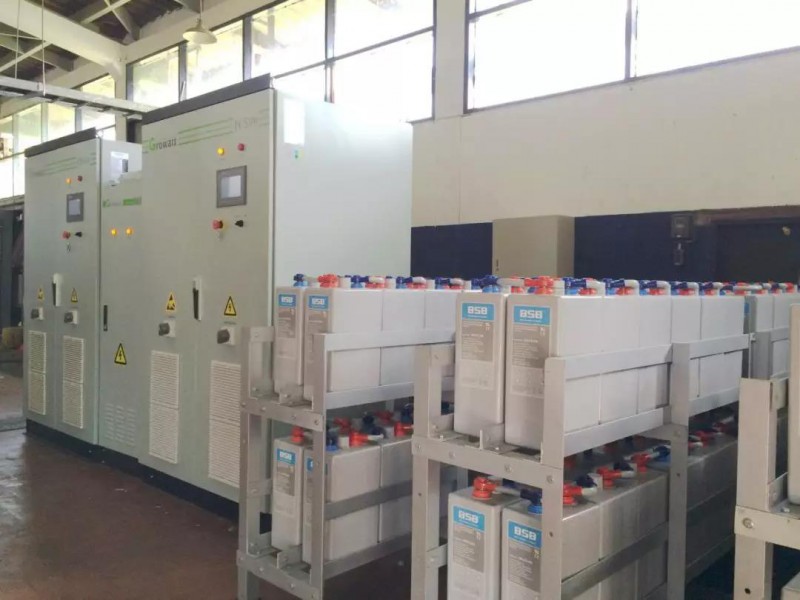
As the world increasingly shifts towards renewable energy sources, the need for reliable off-grid energy storage solutions has never been more critical. Off-grid energy systems provide the autonomy and resilience that both individuals and communities desire, offering a sustainable alternative to traditional power grids. These systems can harness energy from sources like solar, wind, and hydro, thereby reducing dependence on fossil fuels and enhancing energy security.
Energy independence is a major benefit of off-grid energy storage systems. By storing energy generated from renewable sources, users can rely less on external power supplies and protect themselves from rising energy costs and outages. This independence not only empowers homeowners and businesses, but it also plays a pivotal role in climate change mitigation, creating a more sustainable environment.
Various energy storage technologies cater to off-grid applications, each with its unique benefits. Lithium-ion batteries, for instance, are popular for their high energy density and efficiency. Lead-acid batteries, while heavier and less efficient, offer a cost-effective solution for many rural applications. Moreover, emerging technologies like flow batteries and compressed air energy storage are gaining traction, promising even greater efficiencies and longer life cycles for off-grid systems.
Creating an effective off-grid energy storage system requires careful consideration of energy needs and environmental conditions. Users should evaluate their energy consumption patterns alongside the availability of renewable resources. A tailored system can be designed to incorporate an array of renewable generation technologies and storage solutions, ensuring that energy supply meets demand. Consulting with professionals in the field can aid in optimizing system designs for maximum efficiency and longevity.
Off-grid energy storage systems find diverse applications across various sectors. In rural areas, these systems can power homes and small businesses without reliance on traditional grids. Emergency response units utilize off-grid systems for reliable power supply during natural disasters or power outages. Furthermore, off-grid energy solutions can also support industries like agriculture, where they can power irrigation systems and other essential equipment, enhancing productivity and sustainability.
As technology continues to advance, the future of off-grid energy storage solutions looks promising. Innovations will likely enhance capacity, efficiency, and affordability, making these systems an accessible option for even more users worldwide. With the ongoing push for renewable energy sources and energy independence, off-grid energy storage systems are not just an alternative; they are becoming a necessity for a sustainable future. It's time for everyone to explore, embrace, and invest in these innovative solutions.
Next:Energy Storage Switching Time Navigating Between Grid-Tied and Off-Grid Systems
Previous:How to Match Battery Charging in Off-Grid Energy Storage Systems